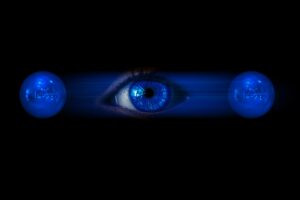The Physics of Quantum Computers
- Posted by admin
- Date January 30, 2025
Introduction
Quantum computers are set to revolutionize the world. But what makes them so special? Let us break it down.

Classical vs. Quantum Computing
Classical computers use bits (0s and 1s), while quantum computers use qubits, which can exist in multiple states simultaneously due to superposition.
Key Principles of Quantum Physics
Superposition: Qubits can be 0, 1, or both at once.
Entanglement: Changes in one qubit instantly affect another, no matter the distance.
Interference: Used to amplify correct outcomes in computations.
Applications: From drug discovery to cryptography, quantum computing promises faster, more efficient solutions to complex problems.
Conclusion: Quantum computing is no longer science fiction. Stay curious—the future is quantum!
You may also like
Introduction Did you know 95% of the universe is invisible? Dark matter and dark energy dominate the cosmos, yet we’ve never directly detected them. Let’s explore the evidence, theories, and why these enigmas matter for astrophysics students. Dark Matter: The …
Introduction The Riemann Hypothesis (RH)—unsolved for 160+ years—is one of the seven Millennium Prize Problems. But what does it actually claim, and why is it so important? Let’s explore primes, zeros, and the math that could revolutionize cryptography. Primes, Zeros, and the …
Quantum Entanglement: From Einstein’s Skepticism to Quantum Computing Breakthroughs
Introduction Quantum entanglement—the phenomenon Einstein called “spooky action at a distance”—is now the cornerstone of quantum technologies. But how does it actually work, and why should you care? Let’s untangle science step by step. The Science of Spookiness Entanglement Defined: When two …
